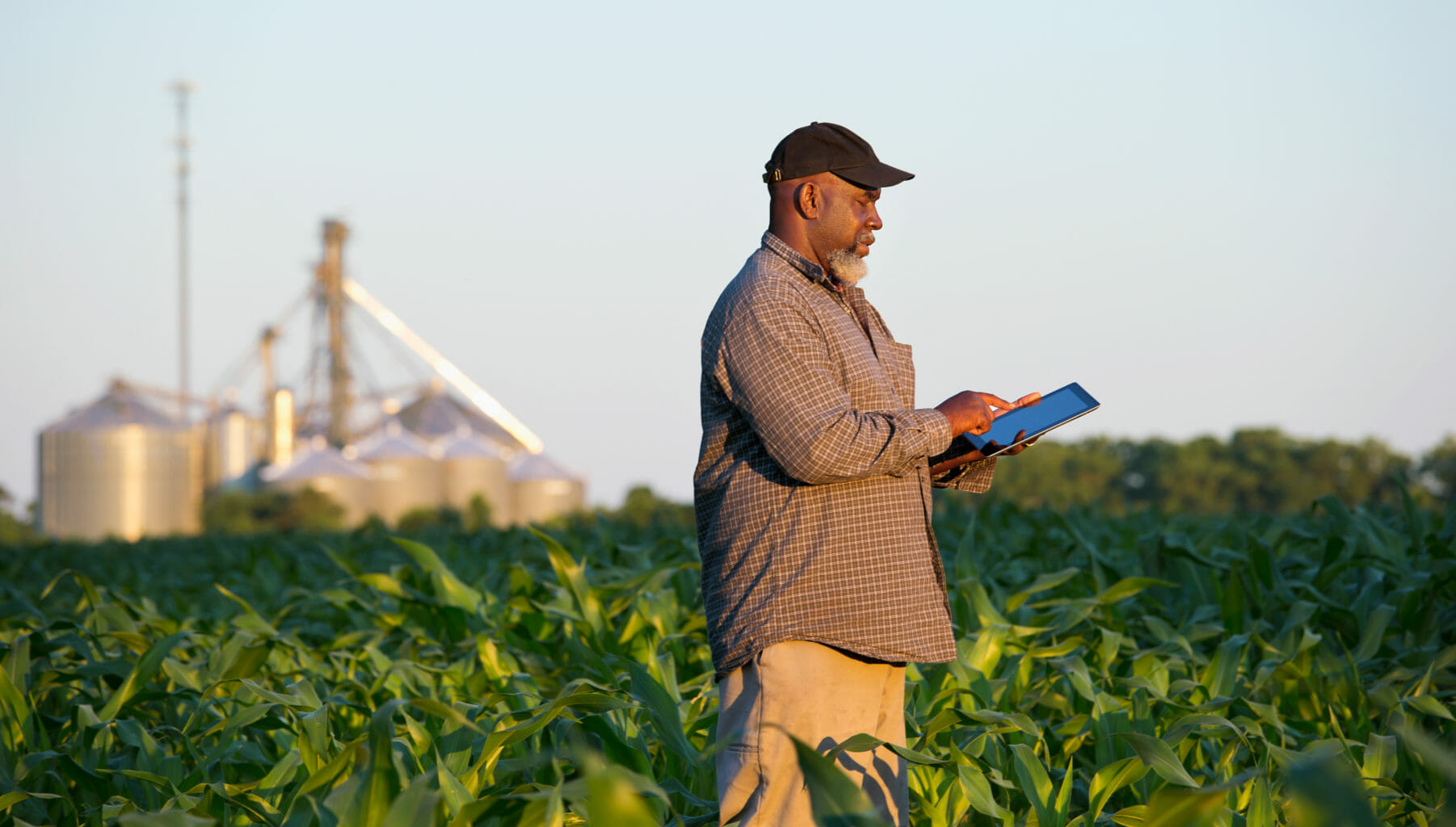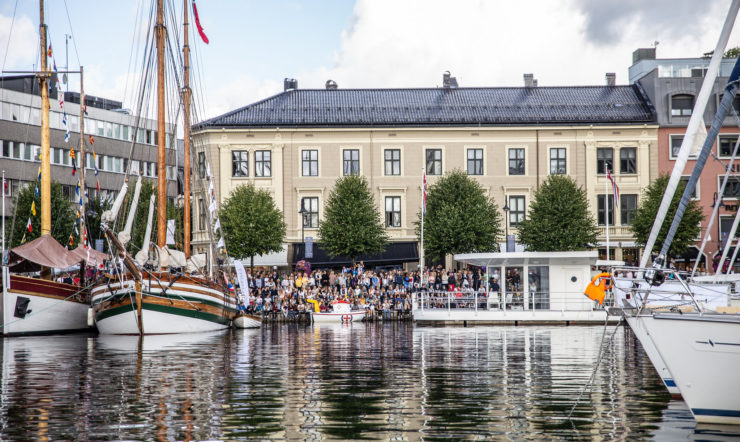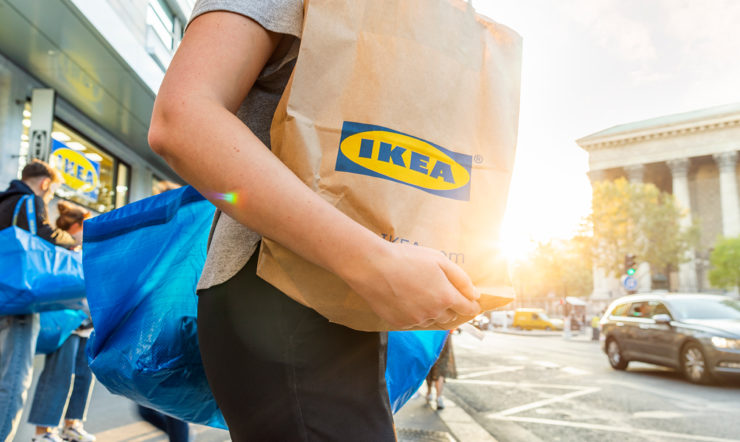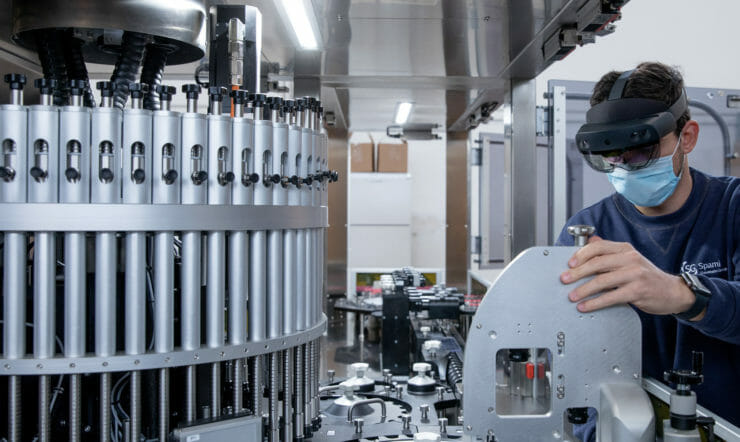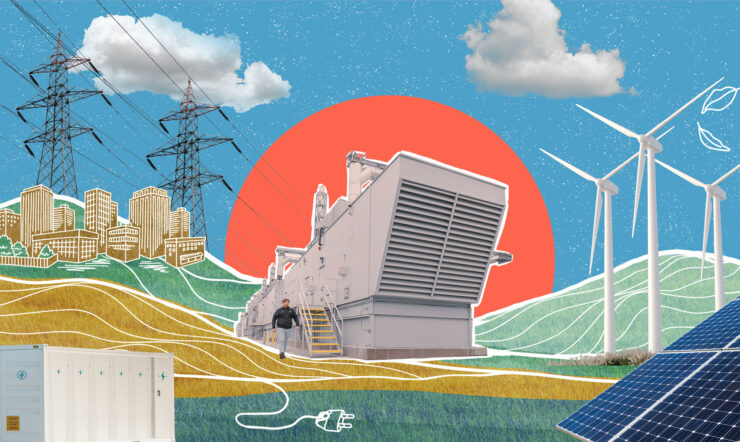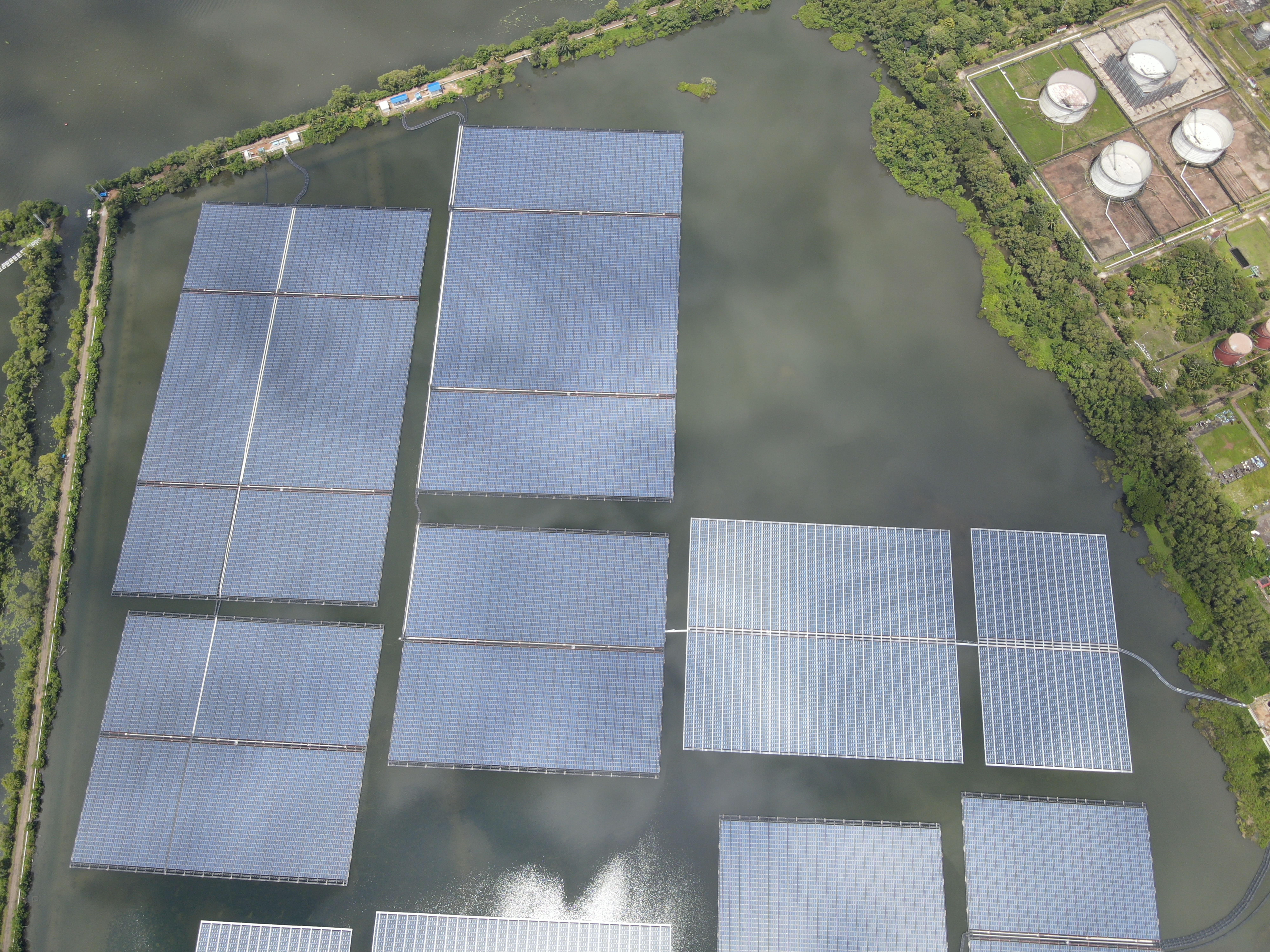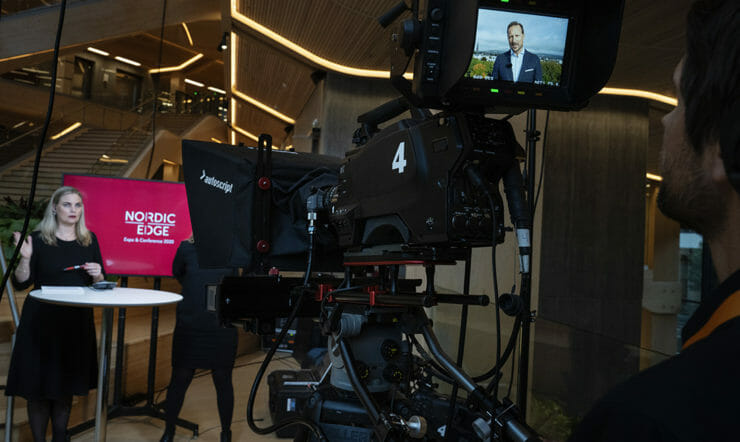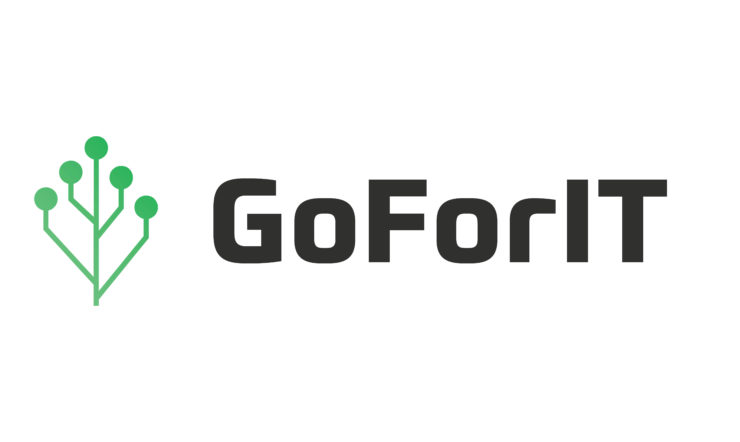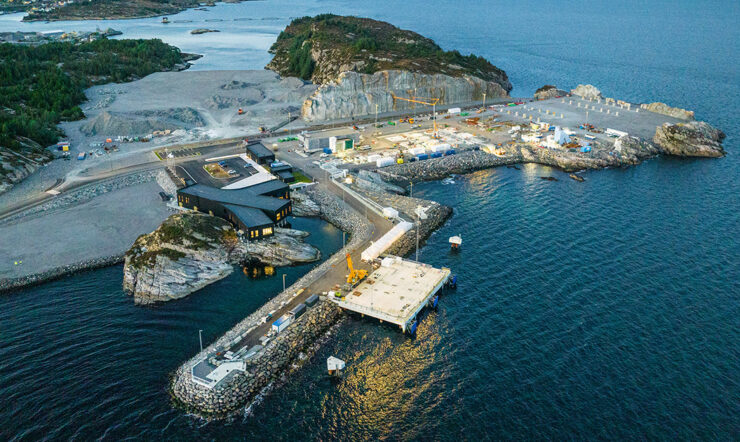“Our service is intrinsically about removing food waste. That’s always been a core part of what we do.”
Alexandrer Aagreen, Chief Technical Officer for LMK Group – formerly known as Godtlevert – is talking about the sustainability mission that underpins the Nordic food tech company’s operations.
“Today, we try to hit less than 1% food waste, which is incredibly low for the food retail sector,” Aagreen continues. “If you compare that to a normal grocery store, which I would bet is around 15-20% food waste, it’s a huge difference.”
Ever since LMK was established, it has sought to distinguish itself from traditional food retailers by doing things differently. “It’s not necessarily just about the tech,” Agreen says. “It’s the way our service has been built, the way the processes are done, the way we do upstream logistics. That’s always been focused around a core strategy to eradicate food waste.”
That strategy – and the organizational and technology infrastructures that have made it achievable – has led to huge success for LMK, which has gone from start-up to scale-up to NASDAQ-listed company in little more than a decade, bringing together several leading food delivery companies from across the Nordics in the process.
“What we’ve managed to do isn’t just lucky,” says Aagreen. “It’s testimony to the priorities that have always guided us as a company and the processes we’ve put in place.”
And while a steadfast commitment to reducing food waste has been the company’s North Star, a key initiative supporting this drive has been the transition of LMK’s core infrastructure to the cloud, supported by Microsoft partner, Syone.
“The partnership with Syone has allowed us to start building our own tech, which has provided fantastic return on investment, as well as allowing us to continue to pursue our key strategic priorities,” he says.
Bringing locally grown food straight to your kitchen table
Founded in 2008 with a vision of simplifying everyday life by offering a large variety of meals delivered directly to its customers’ doors, LMK has grown into something of a phenomenon in the Nordics. Operating in Sweden, Norway and Denmark under brand names including Godtlevert and Adams Matkasse, the LMK Group delivered approximately 1.74 million meal kits to households in its markets in 2020.
“Our service is so popular because it takes the hassle out of choosing what you’re going to eat each day,” says Aagreen. That service provides LMK’s customers with meal kits that include everything they need to prepare tasty, nutritionally rich and varied meals from high quality, locally grown food.
“By bypassing the traditional value chains of food retail, we not only take about 20% off the margins, but we’re also able to work with local producers, with local farmers that wouldn’t ordinarily get a space on traditional grocery stores’ shelves,” he explains. “So we take locally produced food, combine it with great recipes, and deliver that straight to your kitchen table.
“Add in our efforts to reduce food waste, and that’s a hugely appealing proposition for our customers.”
It’s easy to see why LMK’s business model has been so successful. But as is always the case, with success comesan increase in demand, as well as the emergence of competing services. By 2016, it had become clear that the existing infrastructure LMK had in place was not enough to accommodate the company’s unstoppable growth.
“All of the e-commerce, the sales with the customers, were happening through some off-the-shelf solution, which was not built for a subscription,” recalls Aagreen. “The problem was that meal kits are very complex. It’s basically a full ERP value chain: from configuring products and recipes, all the way to last mile logistics and delivery.
“And up until then, all that data was actually being managed in Excel. We were doing something like 16,000 orders a week at that point, with distribution to 75% of the Nordic region, all managed by Excel and some really nice macros.”
That was when Microsoft partner Syone, a Portuguese system integrator and nearshore IT services provider, proposed a solution: migrate to Azure.
Creating a more efficient and scalable infrastructure with Azure
“With food delivery, you can’t afford to have downtime,” says Aagreen. “The way that the logistics chain is built up, it means that you’ll lose your revenue very quickly. Especially in comparison with other e-commerce businesses. If your sofa arrives in two days, instead of one, it’s fine. With food delivery you have a very strict timeslot to hit. If you miss it, that’s it.”
“Exactly,” agrees Tiago Fonseca, Chief Commercial Officer at Syone. “And there’s a huge reputational risk at stake too. If people order food and you don’t deliver, they might forget once, but they definitely won’t forget twice.”
When Syone began working with LMK in 2016, they found the company running on a platform that Fonseca describes as “not minimizing cost or maximizing productivity.”
“It was very stressful for the team at LMK,” he says. “We were sometimes getting calls at 6am saying that order calculations weren’t finishing in time. So initially our support was in helping LMK move away from the strangling processes they had in place. Then, after some workshops and assessments, we proposed a new model built on Azure.
“To give you an idea of the transformation, this process at the time was taking 16 hours,” says Fonseca. “And after the initial delivery on Azure and with some well-developed code, we were taking four minutes to calculate the orders. So, that was a huge improvement.
“Right now, it’s taking up one hour to two hours, but that’s because the company has grown so much since that time,” says Fonseca.
“Yes, we have gone from serving 30 million pounds in those days to around 120 million pounds today,” says Aagreen. “And we are adding 15 million pounds more for Denmark now here in September.”
“There are websites that make benchmark comparisons of the performance of e-commerce websites across the sector. The benchmarks put our site at 60% faster than the average competitor in the sector,” adds Fonseca proudly.
The journey to becoming a food tech company with Azure
“I think we were lucky that we started using Azure in a very scale-up way,” says Aagreen. “If you compare 2015-era Azure to what it is today, there has been a huge development. Very early on, we were just leveraging Virtual Machines. There wasn’t API management at that time, so we built our own.
“But now we’re using off-the-shelf Azure products, everything from different security products to our API management to running our own paths, having app services and analytics. It’s been a fantastic journey from just using the infrastructure to being able to move fast to now utilizing a lot of the core technologies that Microsoft is providing as products.”
It is something that the wider team at LMK appreciate too, especially from a security standpoint. “It’s great having these out-of-the-box solutions from Azure,” says Fredrik Gabrielsen, Nordic Platform Lead at LMK Group.
“They allow everything from DDoS protection to data masking in the database that ensures people only see the information regarding customers that they should see,” says Gabrielsen. “All those security features are so easily applicable within the platform that adding them isn’t something you even need to think about – they’re just there, straight out of the box.”
For Aagreen, the ability to personalize the customer experience is perhaps the biggest gain for the company. “We’ve gone from having a product model where you had 20 different variations, to offering 2.1 million combinations on one of our brands, which means it’s no longer humanly possible to process that type of information.
“So the company has really grown into a proper food tech company with the personalization and flexibility that is now a core part of the product offering in all of our markets. And it wouldn’t be possible without Azure.”
A journey of continuous improvement
The personalization features that LMK is now achieving are no fluke – they are part of the long-term strategy to become a tech and data-driven company. “One of the decisions we took back in 2016 was to work on a culture of continuous development and delivery that would evolve and show up with new impacts years later,” explains Fonseca.
It is a strategy that is continuing to bear fruit for LMK, with forecasting features now emerging that are creating better customer experiences.
“Our forecasting process is very much driven by machine learning models,” says Aagreen. “And we have just launched a recommendation engine that sorts the dishes that show up at the top for each customer. These recommendations are no longer selected by the chefs, but by machine learning algorithms. It’s a huge improvement, substituting a manual process that has been in place since the early years of the company with artificial intelligence and algorithms.”
But perhaps the most profound impact of this forecasting technology is being felt by the farmers and food producers that LMK works with.
“Right now, we are able to provide our producers very precise forecasting, 10 weeks in advance, so they don’t need to grow crops that they won’t end up using, like they would do working with a more traditional food retailer,” says Aagreen. “So we’re helping our suppliers to be much more precise with the food they produce, not asking them to produce stuff that they can’t sell, and so reducing food waste even further.”
It is just the latest innovation on the journey to becoming a fully-fledged, data-driven food tech company. “We are definitely taking significant steps forward,” says Aagreen. “But I think it’s a journey that is probably never ending. That’s how we look at it. There is always room to improve, to do more, to reduce food waste further.

